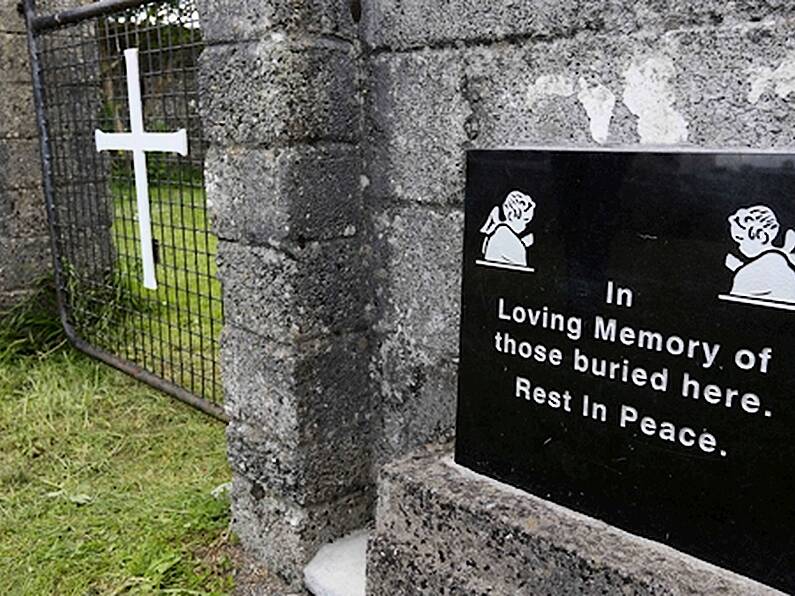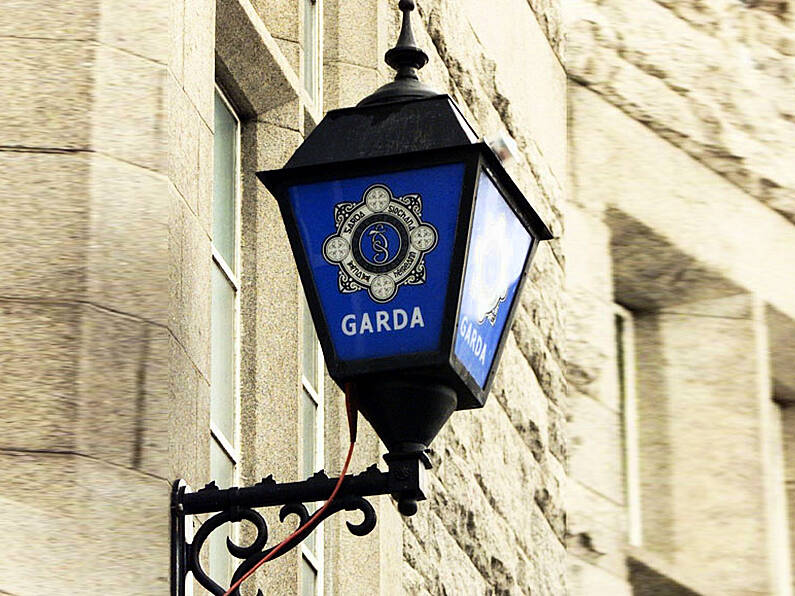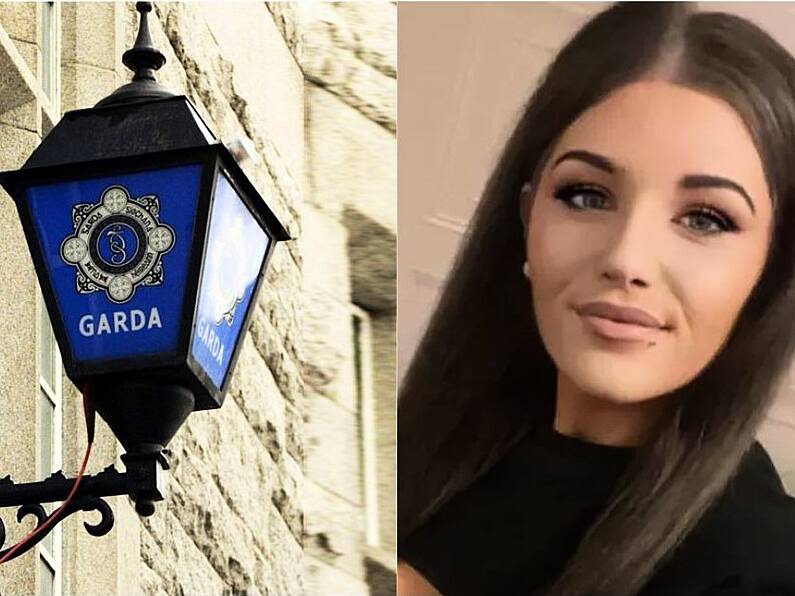Only a coroner's inquest into the death of each child who died in the Tuam Mother and Baby Home will "meet the requirements of the law and humanity".
That is according to the Tuam Home Survivors Network, which was reacting to the publication of a report by Dr Geoffrey Shannon on the possibility of collecting DNA samples from survivors and relatives of those who died in the Tuam Mother and Baby Home.
Dr Shannon advised the Government that DNA samples can be speedily taken by way of a voluntary administrative scheme and without the need for new legislation.
In a statement, the Tuam Home Survivors Network pointed out that this is Dr Shannon's second report on the subject of issues surrounding Tuam and that both are "scholarly, comprehensive and cogent".
However, the group said that two reports are not needed to answer basic legal questions relating to issues surrounding the disposal of remains in a mass grave at the site.
"In respect of the first report, it did not require the research of a distinguished lawyer to inform us that the disposal of some 800 children in a cess-pit was not simply illegal but criminal. It did not require the second Report to confirm that the voluntary provision of DNA by family members of those lying in the Tuam pit is unquestionably legal," said the statement.
The group also reiterated their call for inquests to be opened into the deaths of every child buried at the site and said that the failure to do this before now is "staggering and indefensible".
"In countries with a properly functioning justice system, incorporating a Coroners Service performing its statutory duty, the use of DNA is part of the day to day work of such bodies.
Only a duly convened inquest into the death of each child who died in the Tuam institution, to determine the cause of death of each child, will meet the requirements of the law and humanity.
"The continued failure of the Coroner for North Galway and successive Attorneys General to perform their duty is staggering and indefensible," said the statement.
Tuam Mother and Baby Home Alliance PRO, Breeda Murphy, welcomed the planned collection of DNA samples via an administrative scheme: “It is comforting to note that no DNA profiles can be constructed arising out of the samples until legislation is in place and we are assured it is possible to generate DNA from the remains of the lost children."
“The DNA is being collected for that sole purpose. The safe storage of DNA is paramount and we are provided with an assurance it will not be available or used for any purpose other than matching. If the possibility is not there to match for any reason, then the DNA will be destroyed. It is valuable data and must be treated as such,” she said.
Catherine Corless said the report is a “step forward” and emphasised that the remains are in “excellent condition” and that it will be possible to extract DNA from them.






